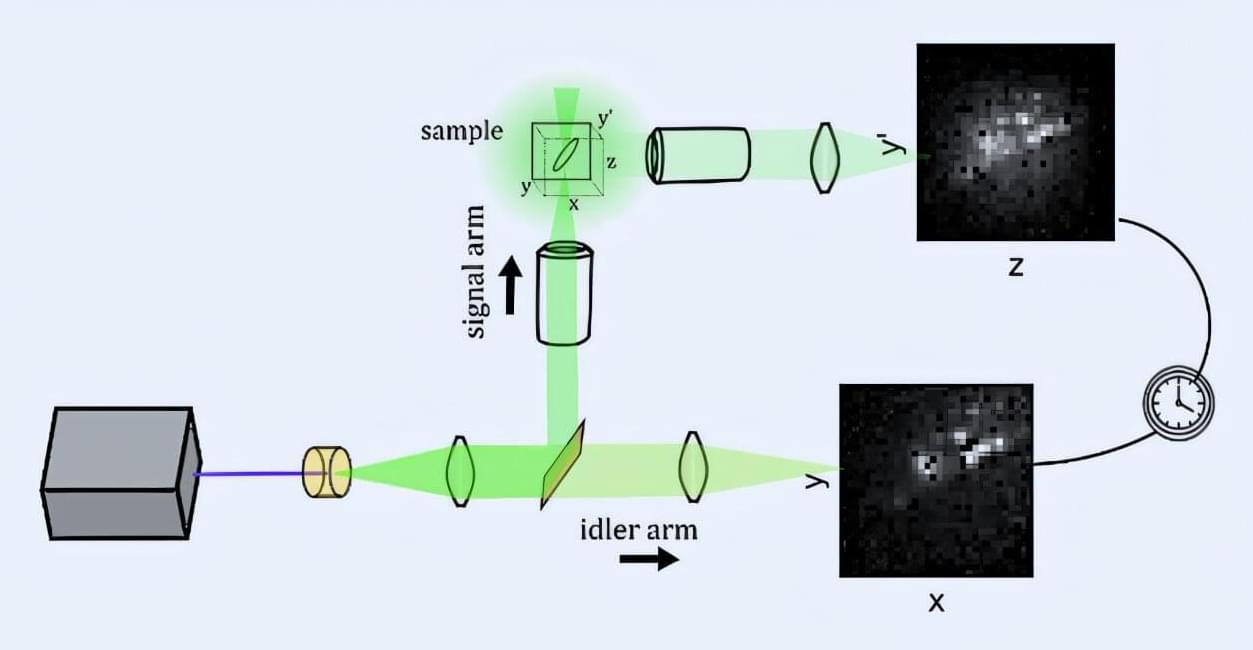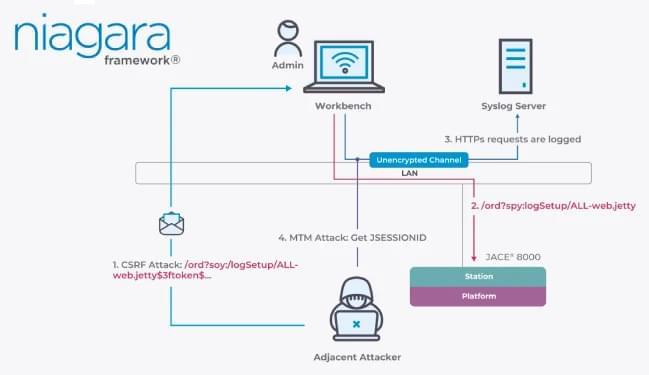Gold remains perfectly solid when briefly heated beyond previously hypothesized limits, a new study reports, which may mean a complete reevaluation of how matter behaves under extreme conditions.
The international team of scientists behind the study used intense, super-short laser blasts to push thin fragments of gold past a limit known as the entropy catastrophe; the point at which a solid becomes too hot to resist melting. It’s like a melting point, but for edge cases where the physics isn’t conventional.
In a phenomenon called superheating, a solid can be heated too quickly for its atoms to have time enter a liquid state. Crystals can remain intact way past their standard melting point, albeit for a very, very brief amount of time.









